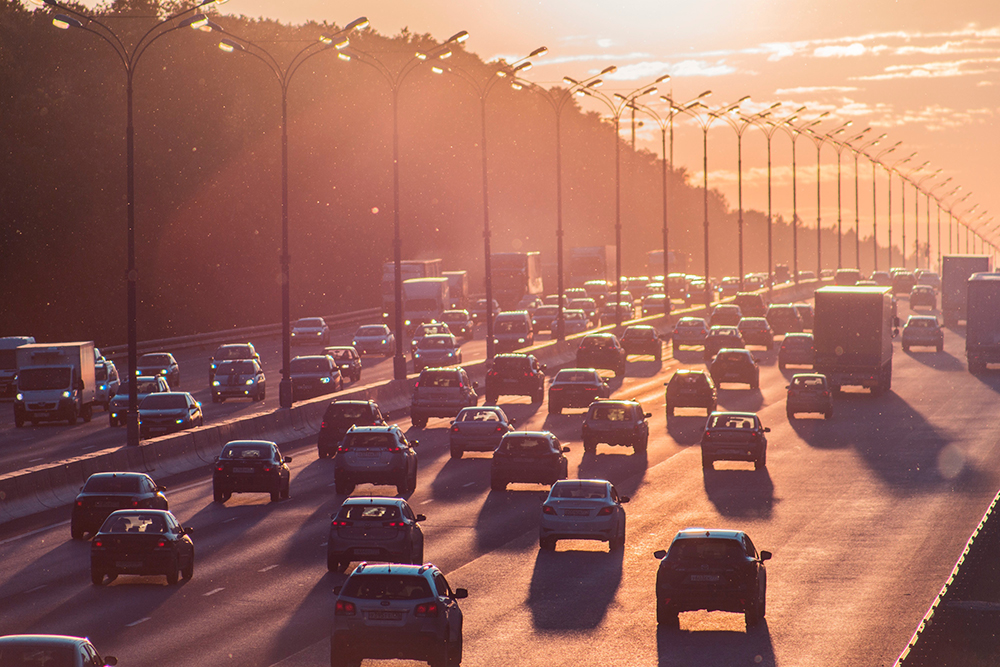But cuts at Air New Zealand show how fragile the aviation sector remains.
Their binding offers are due on June 12. Both were finessing their respective bids on Monday.
They might work with the Queensland government-backed investment giant QIC. QIC is acting for the government, which has offered $200 million as long as headquarters remain in Brisbane.
QIC said it continued “to talk with both bidders … and will continue to advise our client accordingly”.
The Accommodation Association of Australia, representing groups from caravan parks to large hotel chains, said it was good to see two strong bidders emerging with links to aviation.
The associations chief executive, Dean Long, said two main domestic airlines Qantas is Australias major player were required to ignite competition and get people moving around the country.
The tourism industry is always going to be reliant on a minimum of two airlines, he said.
The pandemic had smashed the accommodation industry with revenue down 85 per cent and occupancy levels below 10 per cent, he said.
Mr Long said one hope was a revived Virgin would keep flying to regional areas, such as tourism hotspot North Queensland.
Tom Manwaring, Australian Federation of Travel Agents chairman and Express Travel chief executive, argued having two airlines helped provide competition particularly in the corporate travel sector, promoting better service.
The travel agency industry has also been devastated by the double whammy of revenues drying up but costs increasing often without reward when arranging refunds for hordes of customers who cannot travel.
Mr Manwaring said the prospect of no bid getting across the line and Virgin being liquidated was an outcome we definitely dont want.
Those involved in the bid had moved with incredible speed and should be congratulated on that.
The travel agency sector also hoped the ultimate acquirer was a long-term owner of the airline.
Still, aviations fragile state was reinforced by Air New Zealand chief executive Greg Foran emailing staff on Friday, and in a more formal announcement to the New Zealand stock exchange on Monday, saying the outfit was likely by August 2022 to be only 70 per cent of its size before the pandemic.
He also foreshadowed more cost cutting.
I am really sorry we are in a situation of needing to reduce our wages bills further, but I believe this is what we need to do with some urgency, he said.
New Zealand is removing almost all COVID-19 restrictions from Monday night after declaring the country is now free from any active cases of COVID-19. Its Prime Minister, Jacinda Ardern, took the country into hard lockdowns two months ago.
The airline is now running at about 55 per cent of domestic capacity.
Mr Foran, a one-time senior Woolworths supermarket executive who then went on to become the boss of Walmart’s US business, is now eyeing a return to healthy profits at AirNZ by 2022, albeit with a slimmed-down airline that will not fly as many routes.
It is a business model being pursued by many airlines around the world, with a resumption of international flights still a long way off.
While in administration, Virgin is operating only 76 flights a week, mainly between capital cities, and has not yet pushed the button on expanding intra-state services between destinations in popular tourism zones such as Queensland.

